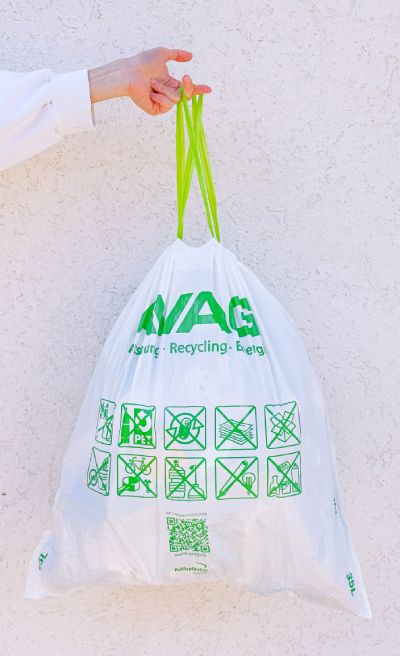HOW TO TAKE CARE OF THE BEACH ON YOUR VACATIONS
March 06, 2023

7 Tips to take care of the beach
Beach Vacations are always the best.
For those people who love the sea and turn their vacations into a beach trip every time they have a chance, you guys need to know that there is a huge responsibility in your hands.
As a responsible beachgoer, it is important to take care of the beach and preserve its beauty for future generations. In this article, we will provide you with seven (7) useful easy to follow tips to take care of the beach during your vacations. After all, Oceans represent more than 60% of the world's territory and it is up to us to conserve it healthy in order to keep enjoying it.

Dispose of Your Trash Properly
To enjoy a delicious meal or a cool drink by the sea sounds incredible, doesn't it? but one of the most important things you can do to take care of the beach is to dispose of your trash properly. This means taking all of your trash with you when you leave, even if you think it is biodegradable. Bring a bag or container to collect your trash and make sure to dispose of it properly. Do not leave any trash behind, as it can harm the wildlife and disrupt the ecosystem.
Avoid Using Single-Use Plastics
Single-use plastics, such as straws, cups, and other utensils, are a major source of pollution in our beaches and oceans. We can reduce our impact on the environment by avoiding using single-use plastics. Bring your own reusable containers and utensils instead. This will not only help to keep the beach clean, but it will also reduce the amount of plastic waste in our oceans.
Respect the Wildlife
The beach is home to a variety of wildlife, including birds, fish, turtles and marine mammals. Protect the wildlife, avoid disturbing their habitat or feeding them. Do not touch or remove any marine creatures from the beach, as this can harm them and disrupt their ecosystem. Respect their natural environment and keep a safe distance.
If you find a turtle nesting on the beach, the right thing to do is to leave it alone, not to light it with lamps nor to take pictures of it, as this could make the turtle feel threatened and make it stop with the process of laying its eggs.
Follow Local Rules and Regulations
Every beach, in special blue flag certificated beaches, has its own set of rules and regulations that are designed to protect the beach and its wildlife. Before you visit the beach, familiarize yourself with the local rules and regulations and follow them accordingly. This may include restrictions on pets, fires, camping, as well as specific guidelines for swimming and water sports. Follow them to help protect the beach and its ecosystem.

Environmentally friendly sunscreen
Many sunscreens contain chemicals that are harmful to coral reefs and other marine life. As far as possible you do not put any chemicals before letting you swim into the ocean, however it is also necessary to take care of your skin from the sun so if you are going to stay a few days at the beach you will surely want to use sunscreen.
To protect the beach and its wildlife, use reef-safe sunscreen that does not contain one of the following ingredients: Octocrylene, Benzophenone, Butyl methoxydibenzoylmethane, Hexilodecanol, Dimethyl capramide, Cetyl dimethicone, Methylparaben, Polyethylene, Propylparaben or Butylcarbamate.
If it contains one of the following ingredients it is biodegradable: Titanium oxide and zinc oxide. The good thing is that we do not have to complicate our lives because almost all biodegradable sunscreens have it visible in the package.
Support Local Efforts
Many beaches have local conservation organizations that work to protect the beach and its wildlife. Consider supporting these organizations by volunteering your time, donating money, or taking part in local conservation efforts.
Do not waste water
Another indirect measure of taking care of the oceans and beaches is not wasting water.
When it comes to using the beach showers, keep in mind water is a very valuable natural resource that should not be wasted. It would be super helpful not to use this service when there is no need and to save water as much as you are able, it is very important and has a huge impact on the environment.
By Following these simple tips you are making the difference in keeping the beach beautiful and protected as it should be, for you and for the generations to come.
PREVIOUS POST NEXT POST